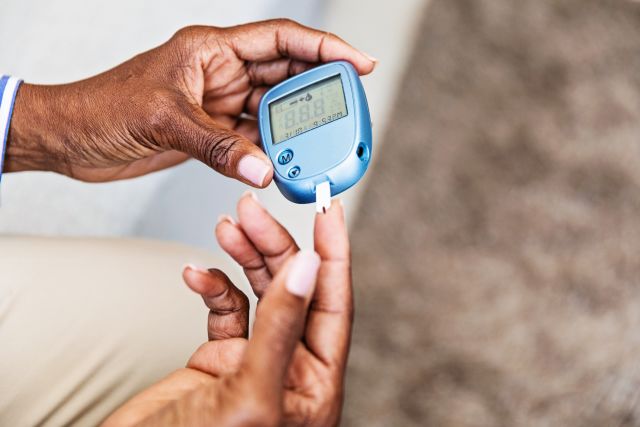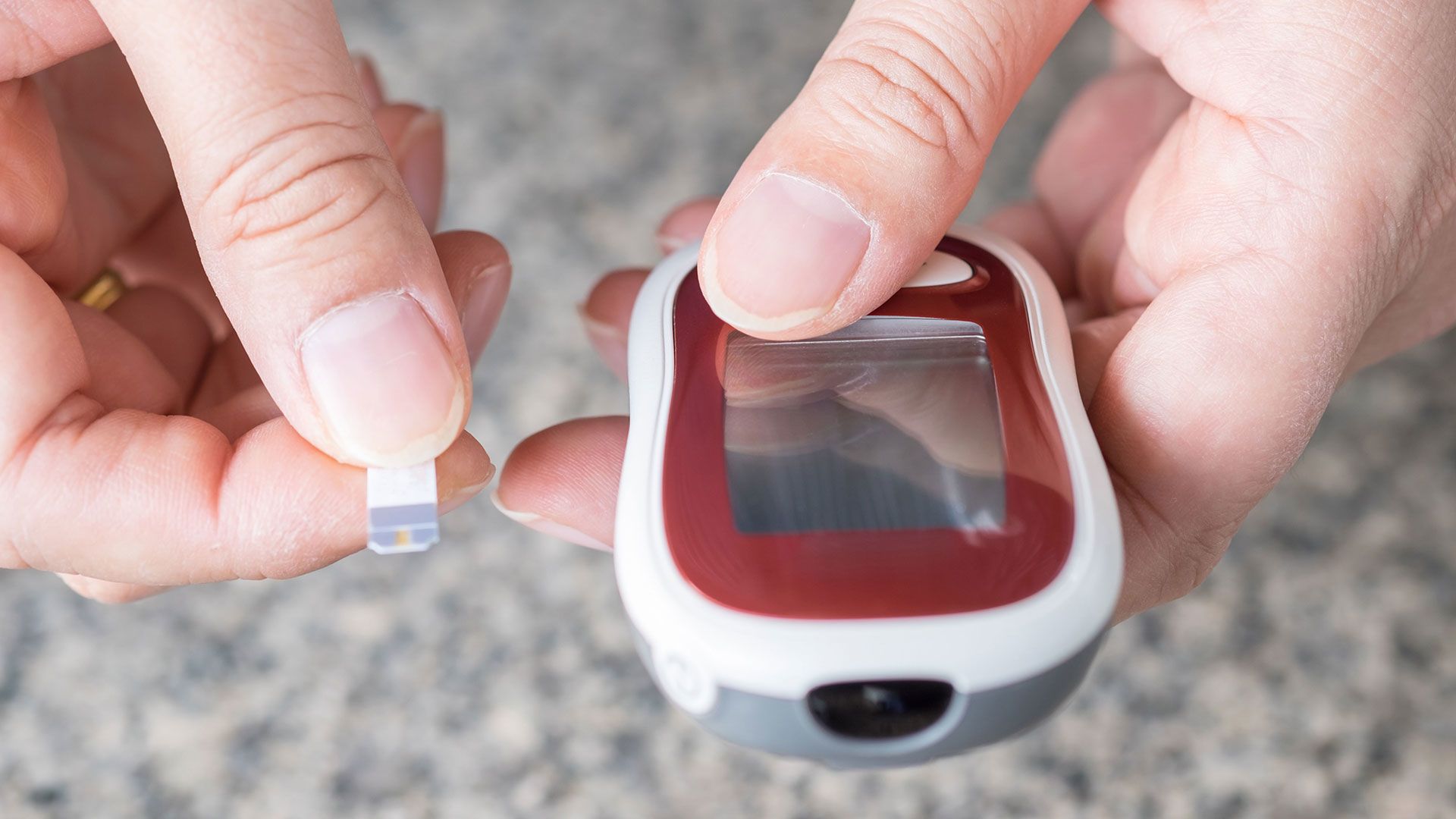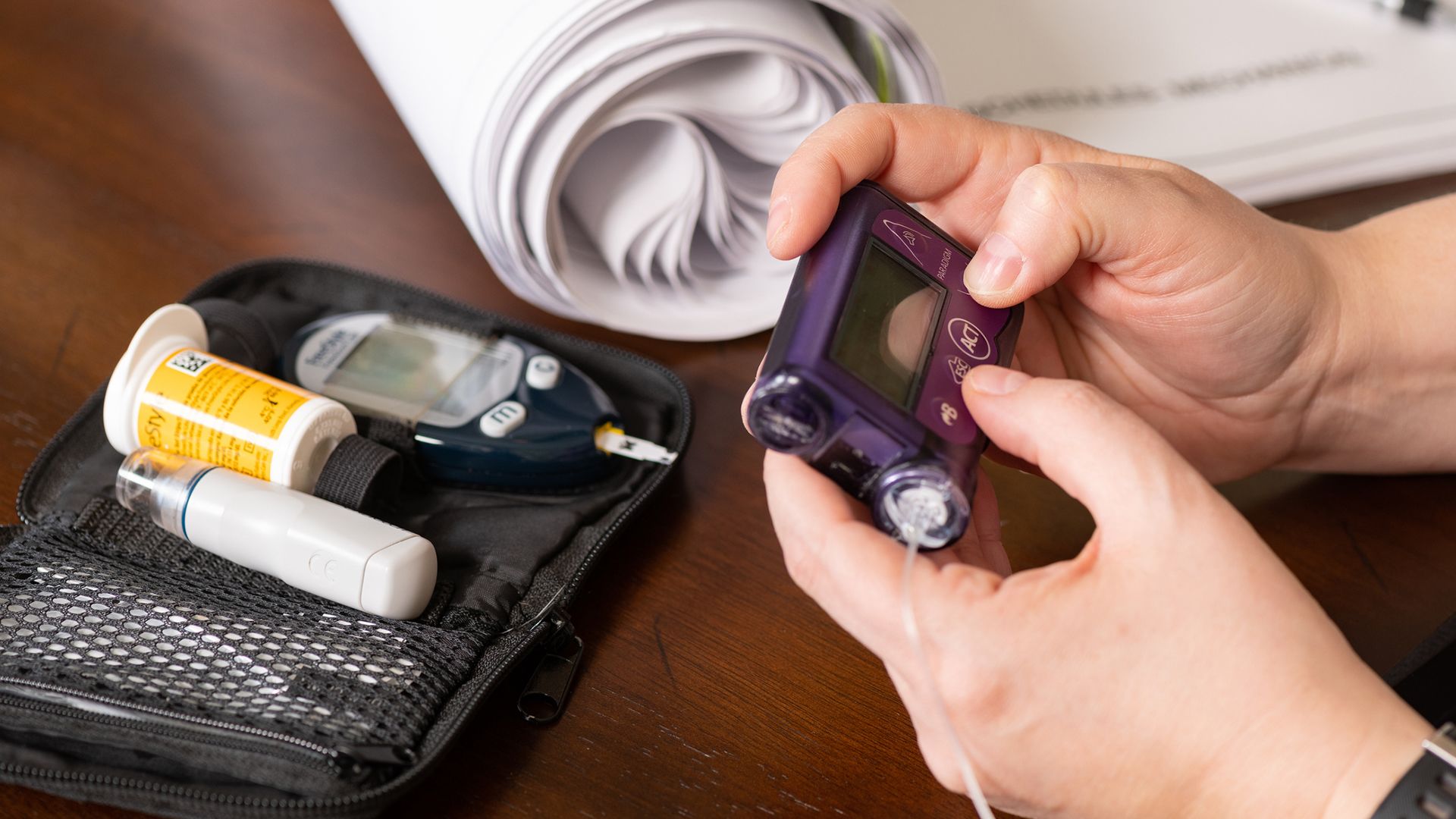Insulin is a hormone that plays a crucial role in metabolizing glucose, or sugar. When a person has type 2 diabetes, the body does not produce enough insulin or does not use insulin effectively. Over time, this causes an increase of glucose in the blood, which interferes with the normal functioning and repair of cells throughout the body. The end result is cellular damage to vital tissues, organs and systems.
One of the systems frequently damaged by this buildup of blood glucose is the cardiovascular system, including the heart.
Diabetes is considered a serious risk factor for both developing heart disease and dying from heart disease. People with type 2 diabetes also develop heart disease at a younger age, have heart disease that is more severe, have more complications from heart disease and are more likely to have asymptomatic, or “silent,” heart disease. Healthcare providers sometimes refer to heart disease in patients with type 2 diabetes as “diabetic heart disease” or DHD.
Why are people with type 2 diabetes at greater risk for heart disease?
There is a well-documented association between type 2 diabetes and multiple forms of cardiovascular disease, including coronary artery disease (CAD), peripheral artery disease, heart failure and cardiomyopathy. Some of the ways in which diabetes has been shown to damage the cardiovascular system include:
- Atherosclerosis, or the buildup of arterial plaque, that results from the damage to blood vessels and excess of lipids in the blood. This leads to coronary artery disease (plaque collected on the arteries supplying the heart) and peripheral artery disease (plaque collected in the arteries of the limbs).
- Kidney problems, which cause a buildup of fluid in the body; excess fluid can cause chronic high blood pressure, which damages the heart and is a major risk factor for heart disease.
- Nerve damage, called diabetic neuropathy, including damage to the nerves that control blood pressure and heart rate, resulting in high or low blood pressure, arrhythmia and other irregularities in cardiovascular function.
While researchers still have unanswered questions about the relationship between these two conditions, much is known on how people with type 2 diabetes can reduce their risk of heart disease.
Reducing your risk of heart disease when you have type 2 diabetes
If you have type 2 diabetes, see your healthcare provider regularly. It is important to monitor your ABC numbers—A1C, blood pressure and cholesterol. These three numbers offer insight into how well a diabetes treatment plan is working and can also serve as an advanced warning of a potential cardiac event.
Adopting a healthy eating plan and getting regular exercise can help improve these numbers, as well as help you lose weight and improve your overall cardiovascular fitness. A healthy diet is one that limits sugar, unhealthy fats and sodium, and emphasizes whole foods, fruit, vegetables and lean protein. Try to get, at minimum, 30 minutes of moderate-intensity exercise five days a week.
In addition to a primary care provider, some patients with type 2 diabetes may also want to see a cardiologist to more closely monitor heart health and explore treatment options to lower the risk of a heart attack, stroke and other cardiac events.





